Colonial Prime Minister Dion Ngute (middle) Bowing to Paul Biya
Opinion:
In recent months, certain voices within federalist and “One Cameroon” circles have quietly floated the idea that Prime Minister Joseph Dion Ngute could offer a path toward resolving the Ambazonian conflict. They claim that, as an Anglophone and native of Southern Cameroons, his rise to the second-highest office in La République du Cameroun might signal a shift toward reconciliation. Some even suggest he could be a moderating influence in the midst of genocide.
But such arguments—though superficially appealing—are dangerously misguided. Dion Ngute may bear an Ambazonian name, but his career and conduct make it indisputable: he is Ambazonian in name only. A deeper look at both his personal alliances and political record reveals that he is not a bridge to justice but an instrument of assimilation.
I. Marriage as Political Strategy: Loyalty Through Assimilation
It may appear inappropriate at first glance to discuss a man’s marriage in a political critique. Yet, in the context of Cameroon’s power politics—where identity, allegiance, and assimilation intersect—it becomes highly relevant.
Dion Ngute recently divorced his Bakweri wife and married a Bulu-Beti woman, a senior civil servant in the National Hydrocarbons Corporation (SNH)—the same institution managing and concealing Ambazonian oil revenues for the central government in Yaoundé. This follows a long and troubling pattern.
Nearly every Southern Cameroonian who has climbed the ranks of Paul Biya’s regime has conspicuously replaced their Ambazonian wives with women from the South Region—the ethnic heartland of the regime. The list is long:
Simon Achidi Achu
Peter Mafany Musonge
Paul Atanga Nji
The late Nsahlai
This trend is not coincidental. These unions often result in unspoken rewards: access to elite networks, patronage, immunity, and sometimes symbolic initiation into the Essingan cult, a shadowy fraternity said to dominate political life around Biya. The marriages function as political endorsements, signaling loyalty to the regime and ethnic alignment with its inner sanctum.
This critique is not about personal love or tribalism. It is about how personal choices are weaponized as political currency in a deeply ethnicized and corrupt system. In this sense, Dion Ngute’s marriage is not private—it is profoundly political.
II. The Prime Minister’s Role: A Decorative Post Without Power
To understand Ngute’s political impotence, one must also understand the structure of power in Cameroon. The office of Prime Minister holds no executive authority. All key decisions—domestic, military, foreign—are controlled by the President and his inner circle, primarily from the Beti-Bulu oligarchy.
The post of Prime Minister is used strategically:
To create the illusion of inclusion
To deflect international criticism
To pacify regions with symbols instead of substance
Ngute was selected to do just that—to be seen, not to act; to smile for the cameras, not to deliver justice. His silence on the massacres in Ngarbuh, Mautu, and Muyuka speaks louder than any speech he could deliver.
III. A Legal Betrayal: Ngute vs. Ambazonia in The Gambia
Perhaps the most damning evidence of Ngute’s allegiance is his legal role in suppressing Ambazonian self-determination.
In the historic case brought by SCNC and SCAPO at the African Commission on Human and Peoples’ Rights (ACHPR) in The Gambia, Ambazonians sought justice for decades of political, economic, and cultural subjugation. Who did La République du Cameroun send to defend its position?
Joseph Dion Ngute.
As the lead respondent for Yaoundé, Ngute fought against the recognition of his own people’s rights, arguing that Cameroon had acted within legal bounds. He failed. The Commission ruled that Cameroon had violated several articles of the African Charter, including the right to self-determination, and called for dialogue and structural remedies.
Ngute stood on the wrong side of history—and lost. That defeat is now a judicial record. Can such a man ever credibly claim to represent the people he once helped suppress?
IV. The Danger of Manufactured Consent
Those who continue to float Ngute as a “moderate solution” are either gravely misinformed or dangerously complicit in manufacturing consent for colonial continuity. By elevating a figure like Dion Ngute, they do not promote peace—they promote pacification.
It is important to remember that true peace cannot emerge from symbols of surrender. Ngute’s very career has been built on the political architecture of Ambazonian subjugation. He did not protest the disbanding of the West Cameroon House of Assembly. He did not oppose the suppression of the Common Law system. He did not resign over the burning of villages or the mass internment of political prisoners.
He has never been a man of resistance. He is a man of compromise—on everything that matters.
V. Conclusion: No Liberation Through Collaborators
The genocide in Ambazonia will not be stopped by polished collaborators wearing ethnic masks. It will not be resolved by elites who have made personal peace with injustice, while their people bleed in silence.
Dion Ngute is not a savior. He is the carefully chosen face of continuity. He does not represent change—he represents Cameroon’s centuries-old strategy of assimilation through elevation.
If Ambazonians truly seek justice, dignity, and freedom, we must look elsewhere—to those who have stood for truth, not titles. To those who have paid the price of resistance, not reaped the benefits of compliance.
Dion Ngute may bear an Ambazonian name, but his legacy, alliances, and actions betray the very soul of Ambazonia.
By an Ambazonian Legal Mind (Name withheld)













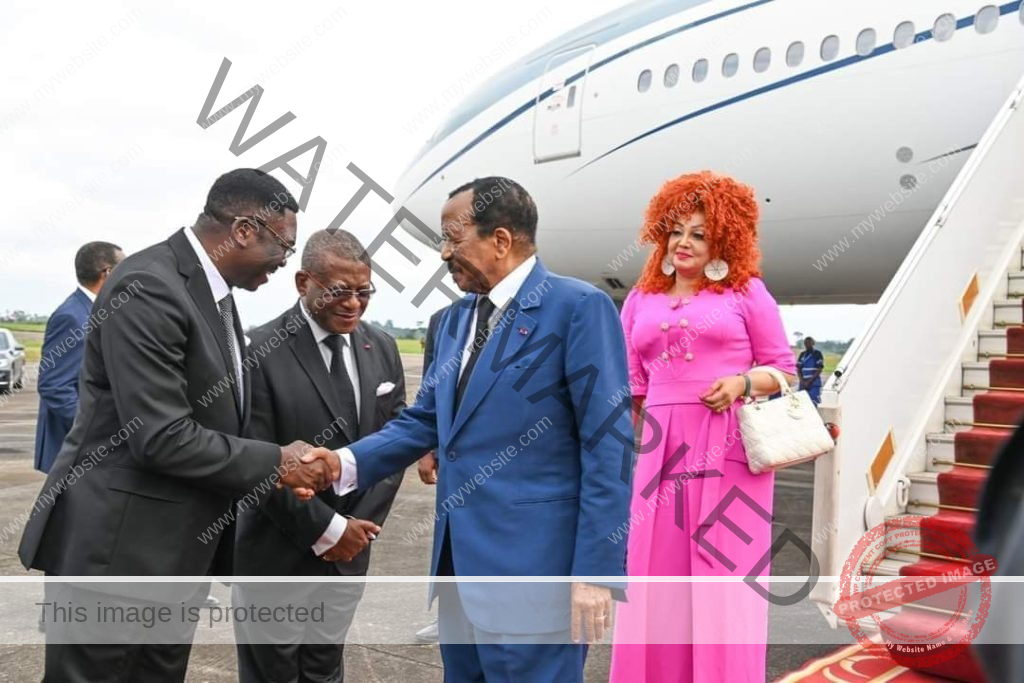
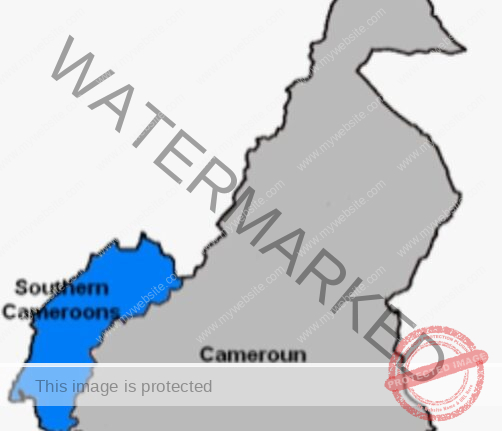


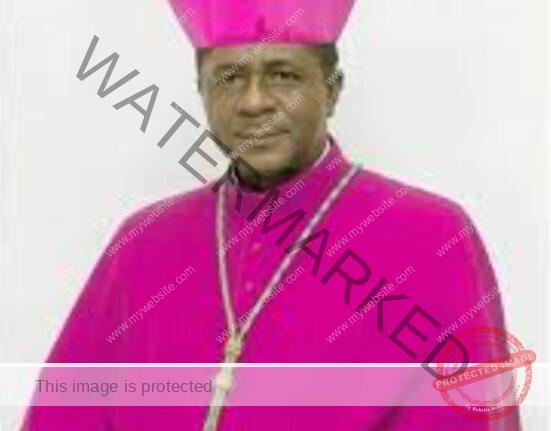
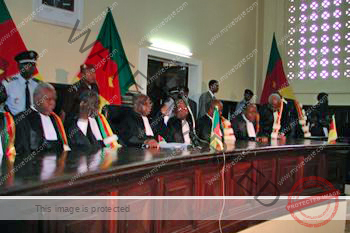
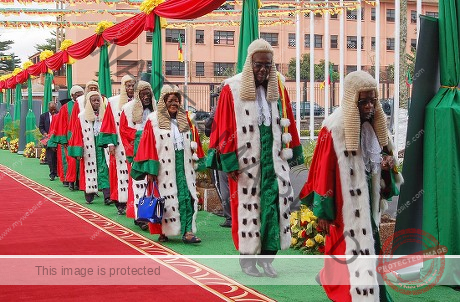

Leave feedback about this